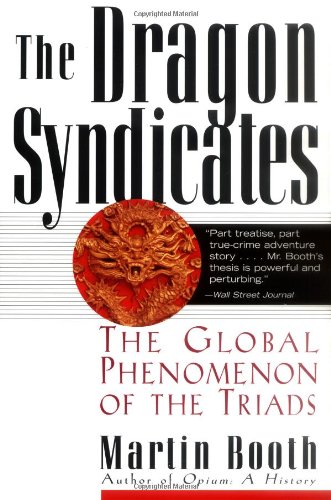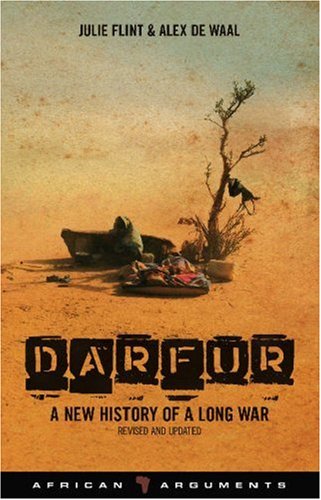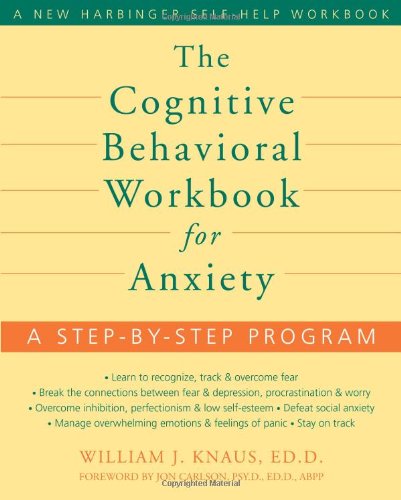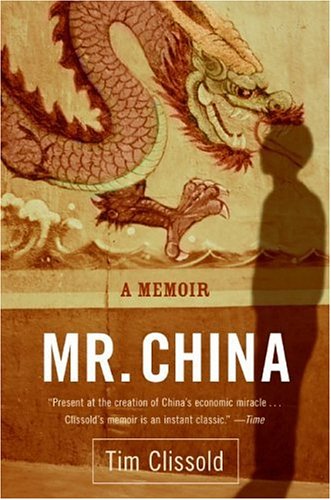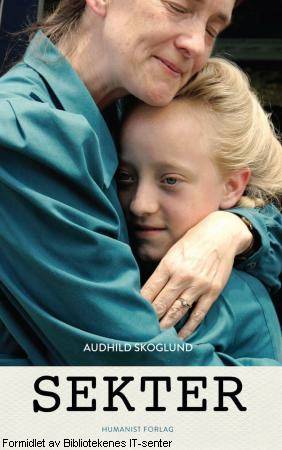Barbara Victor – Army of Roses (2004)
Terrorism is hard, but becomes easier when there’s a social context that encourages and aids it, such as the one Fatah, Hamas and Islamic Jihad perfected during the second intifada, and which for a time also encouraged women to become martyrs. Victor looks into the backgrounds of these female suicide terrorists, and finds that their personal lives had been brought to a dead end, from which a socially and politically acceptable suicide appeared the natural way out.
Recommended: Yes. Victor finds the right balance between trying to understand what motivates these terrorists, and not excusing them.

Nick Cohen – You Can’t Read This Book (2012)
Censorship is bad.
Recommended: Yes, for its historical and factual sections, but Cohen is weak on ideas – he is a journalist and polemicist, not a thinker – so follow up with Frank Furedi’s less obvious On Tolerance.
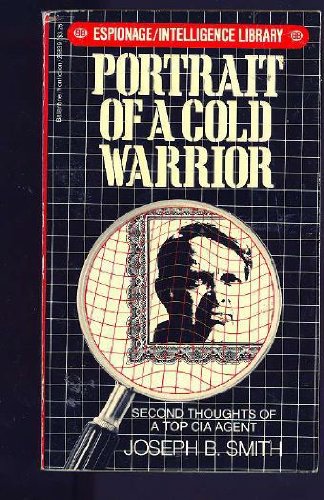
Joseph B. Smith – Portrait of a Cold Warrior (1976)
A former CIA agent reveals the unimpressive reality behind their work in South-East Asia and Latin American in the 1950s and 60s. The CIA comes across as a top-heavy but at times also reckless organization whose involvement in a country could mean anything from “was the decisive factor in a coup” to “got entangled in affairs they were too stupid or arrogant to understand”.
Recommended: Yes. I respect the author’s inner conflict between believing that he is fighting the right war for the right side, and being frightened by the people who fights it alongside him.

